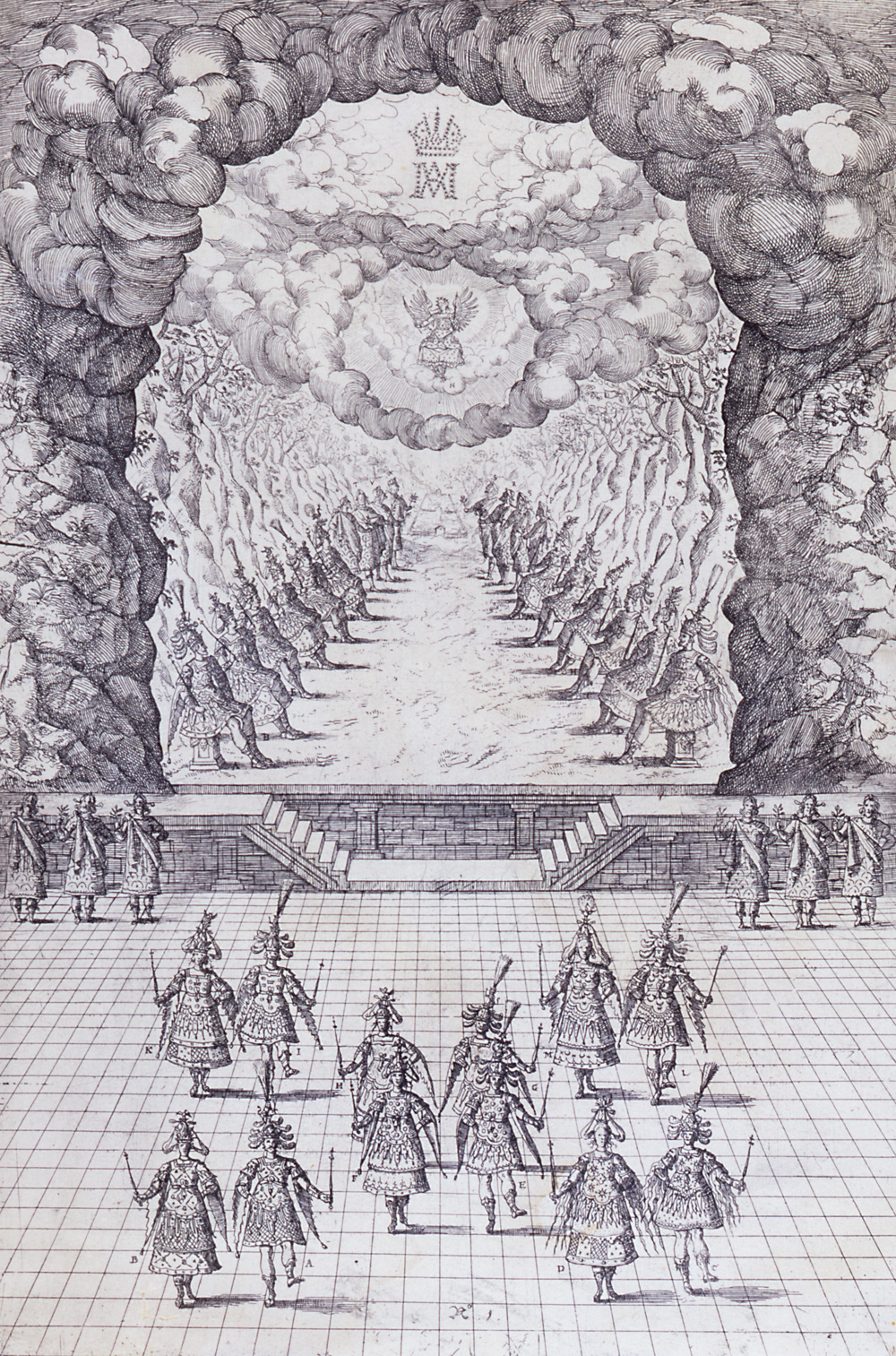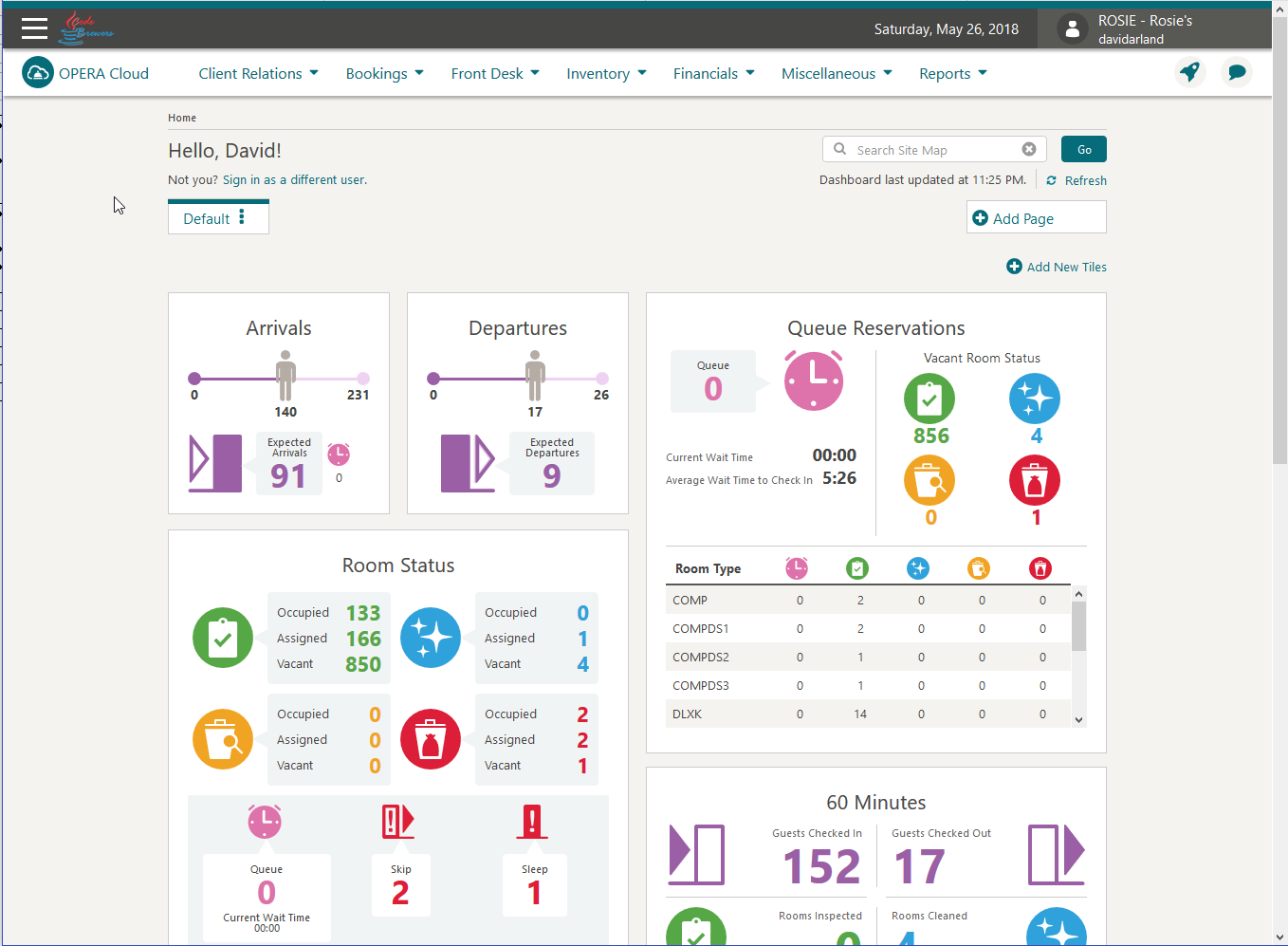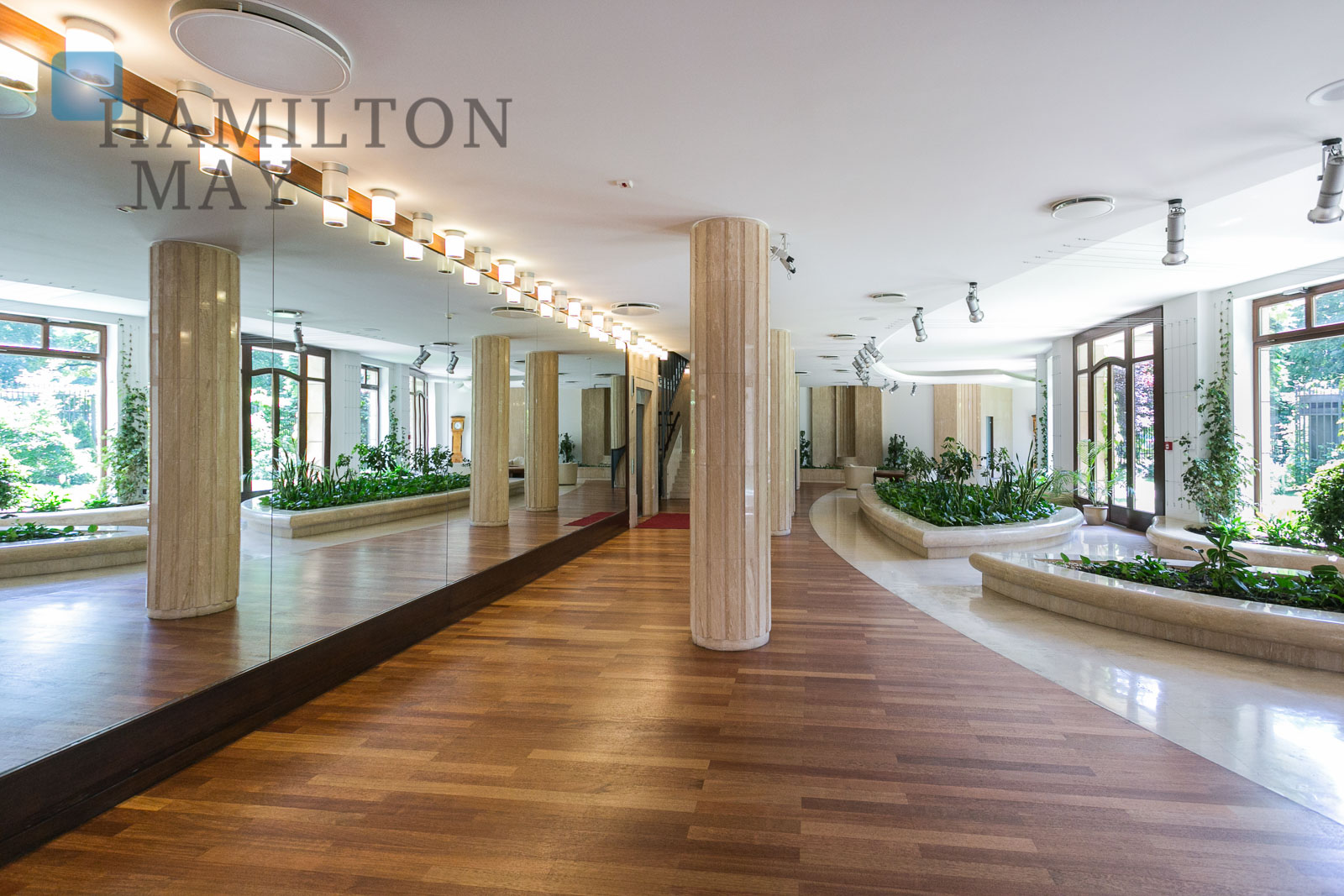
A Young Artists Programme was established in 2001, creating a rich resource for the development of new talent. La rondine and La sonnambula were staged, and David McVicar made his debut production for the house to open the 2001/02 Season – a new Rigoletto, conducted by Edward Downes. A new Parsifal and Trovatore graced the stage, as did Francesca Zambello’s new Queen of Spades production and a brooding double-bill of Bluebeard’s Castle and Erwartung from Willy Decker. Patrice Caurier and Moshe Leiser directed a highly acclaimed new production of Rossini’s La Cenerentola, popular with critics and audiences, and Nikolaus Lehnhoff’s superlative production of Henze’s Boulevard Solitude swept the board at both the Laurence Olivier and the South Bank Awards.

The first two seasons were a period for settling into the new building and the company presented a range of fine revivals, as well as some splendid new productions, including Martinů’s The Greek Passion, directed by David Pountney and co-produced with the Bregenz Festival. The production celebrated the extraordinary range of new technical machinery available to production teams working at Covent Garden. In December 1999 the Royal Opera House reopened with a colourful production of Falstaff, directed by Graham Vick and designed by Paul Brown. The roster of distinguished guest conductors was also maintained across the generations, including Claudio Abbado, Colin Davis, Christoph von Dohnányí, John Eliot Gardiner, Daniele Gatti, Valéry Gergiev, Carlos Kleiber, Charles Mackerras, Simon Rattle, Gennadi Rozhdestvensky, Esa-Pekka Salonen, Georg Solti and Christian Thielemann. Another distinctive feature of Haitink’s time as Music Director was his fostering of the Orchestra’s appearances on the concert platform both at Covent Garden and in major London concert halls, as well as encouraging the formation of the Orchestra’s own chamber ensemble. Haitink received a Laurence Oliver Award for conducting Siegfried and Götterdämmerung in 1995 and, together with the Orchestra of the Royal Opera House, received the Evening Standard’s award for Outstanding Artistic Achievement in Opera, ‘for the consistently high quality of their music making throughout 1995’.
DEVELOPMENT OF OPERA FULL
Three full cycles were given in Autumn 1996, all conducted by Haitink. The renewal of Wagner stagings, begun in 1993 with Die Meistersinger von Nürnberg, continued with Der Ring des Nibelungen which was completed in autumn 1995.

He conducted the very last operatic music to be heard in the theatre at a Farewell Gala marking its closure for redevelopment in July 1997. It was during this period in 1968 that the Company became The Royal Opera. Solti continued a fruitful association with The Royal Opera and in 1992 was created Music Director Laureate on the occasion of his 80th birthday. Of particular importance was the number of new productions of operas by Richard Strauss conducted by Solti himself, including Der Rosenkavalier, Die Frau ohne Schatten, Arabella and Salome.

The Solti period saw numerous developments in the Company’s repertoire and performing style. During his time, international awareness of Covent Garden and its singers grew considerably, a process confirmed by the success of the Company’s tour to Munich and West Berlin in 1970.

Much of this work carried over into the Solti era, but it was with his arrival as Music Director in 1961 that the Company took its place as one of the world’s leading opera companies.


 0 kommentar(er)
0 kommentar(er)
